Many centuries ago an epic German poem was written called the Nibelung's Song.
Towards the end of the 19th century Richard Wagner turned the story into a set of 4 operas, collectively entitled Der Ring des Nibelungen (The Ring of the Nibelungs).
The story, very briefly, is about how a ring of power is forged by the Nibelungs (Dwarf people) and the Gods (several of them, pagan German deities to which we owe several of our names for days of the week - the chief God, Wotan, gave his name to Wednesday)...
The lust/quest for the ring eventually leads to the downfall of the Gods, and their dwelling place, Valhalla, sinks into the Rhine.
Das Rheingold is the first of the quadrilogy, and deals with how Alberich, the chief nasty Nibelung, steals the gold from the Rhine, forges some of it into the Ring of Power (see where Tolkien got his idea from???). and then in turn gets it nicked by the gods so they can pay off the giants who built Valhalla.
Needless to say, Alberich is not happy, and what goes around comes around, and the naughty gods eventually pay the price for their duplicity.
The Rhinegold has no human characters in it - they turn up later, and help to hasten the gods' downfall.
This opera cycle is of course where the famous "Ride of the Valkyries" music comes from (one of Wagner's "greatest hits").
The operas are Das Rheingold, Die Walkure (the Valkyries), Siegfried and finally Gotterdammerung (Twilight of the Gods) - a few umlauts are missing from thesed words cos I don't know how to add them in!
Rheingold is the shortest opera - about 2 and a half hours.
The others get longer and longer and the death toll increases ( abit like the Peter Jackson LotR movies).
As I said before, I love the music, but it's not everyone's cup of tea - if you want punchy tunes and a bit of lyricism, listen to Verdi instead.
Anyway hopefully this gives you some idea of Das Rheingold...the beer is called Rheineck, and at least titularly related to the river Rhine also!
G.
Subscribe to:
Post Comments (Atom)

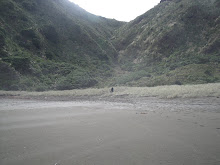











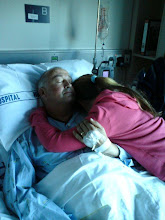

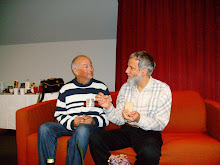

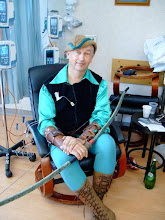
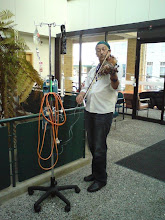

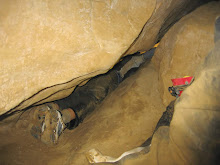




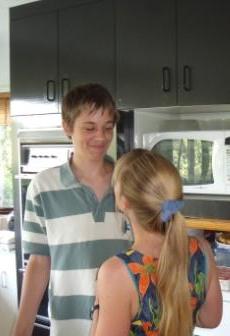
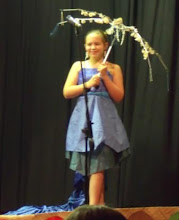

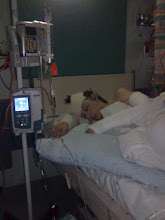



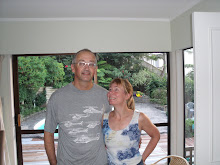
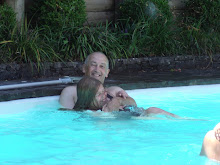
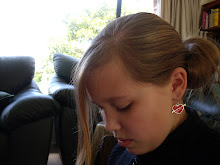
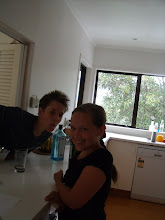
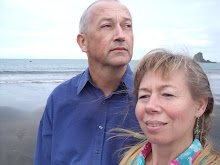


Well, that's very educational. Anyone would think you're a music teacher! But... "abit"? Üps. It's even worse than "alot". (I'm just getting in before Alexander. It's not often that I can, you know.)
ReplyDeleteHow did you find the umlaut?
ReplyDeleteAnd did you notice thesed?
Tired brain, all eroed out.
G.
I have a Mac. I just hit option-u and it puts in an umlaut ready for whatever character I hit next, assuming it's a character that can have an umlaut, or space. It seems that ä ë ï ö ü can have a ¨. Also have ß which would be handy for some German words.
ReplyDeleteHey, why can't I see any other posts after your initial one?
They're back again. No, I didn't knowtis "thesed".
ReplyDeleteThis comment has been removed by the author.
ReplyDeleteThe things one can do on a Mac, eh?
ReplyDelete